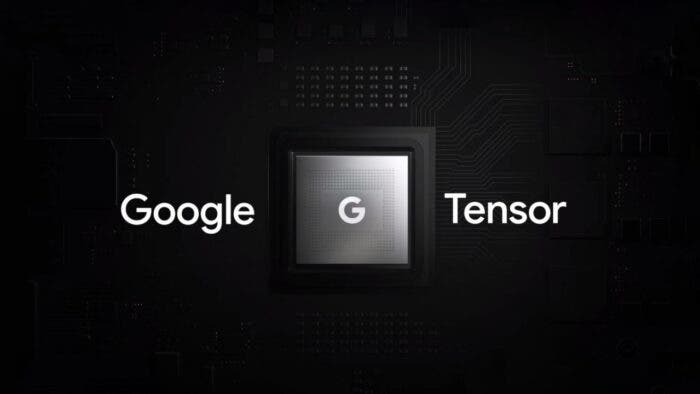With the launch of the Pixel 6, Google introduced a brand-new lineup of SoC. Named Google Tensor, the chipset lineup is the result of an enduring partnership with the semiconductor division and Google’s own engineering talent. And as we are slowly closing toward the launch of Google Pixel 8, speculations regarding Tensor G3 have been popping out left and right.
Thanks to a source inside Google, you do not need to rely on rumors and speculations anymore. Now, concrete data regarding the processor of Google Pixel 8 is out. Codenamed Zuma, we now have all the things required to get an early glimpse of the Google Tensor G3. So, let’s dive in and see how it will actually compare with the predecessors.
Google Pixel 8 To Use ARMV9 Cores
Truth be told, the Google Tensor G2 found in Pixel 7 series was a rather uninspiring chipset. Its CPU performance was lackluster when compared with the Snapdragon 8 Gen 2. After all, when the Google Pixel 7 devices were released, the cores of SoC were already two generations behind the competition.
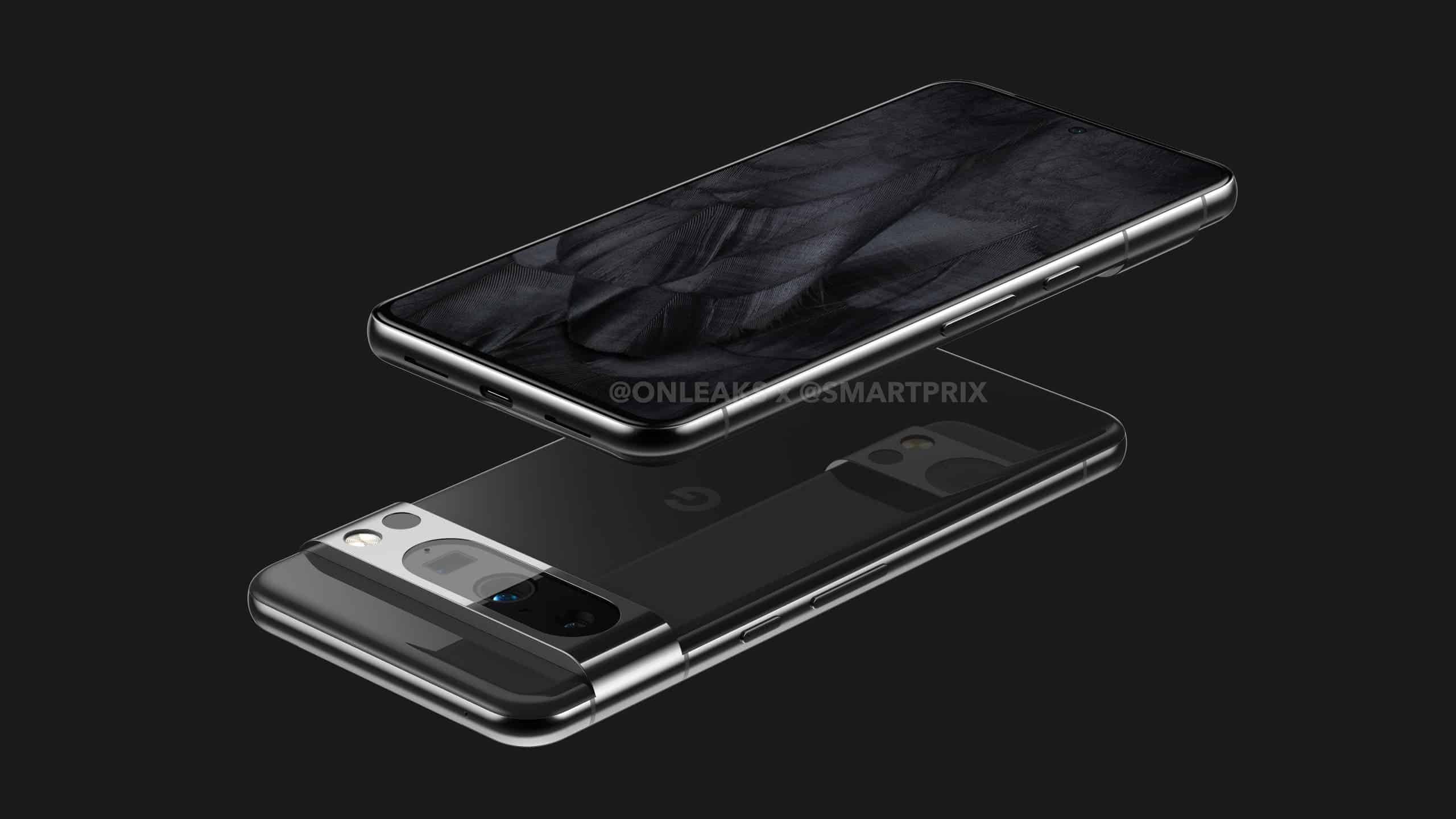
Tensor G2 vs Tensor G3 Config
To give you a better idea, the Tensor G2 chipset came with a 4+2+2 core layout. In comparison, most of the other chip vendors utilized the 4+3+1 layout with a single big core. So, the only SoC change that Google Pixel 7 saw from Pixel 6 series was a mid-cluster upgrade.
But with Tensor G3, Google will finally make the Pixel 8 series more up-to-date. Google has entirely rearchitected the CPU block. It will use 2022 ARMv9 cores. Google has also modified the core layout. Therefore, the new devices will not come with an unusual 4+2+2 setup.
New CPU Configuration of Tensor G3
The Tensor G3 of Google Pixel 8 will come with nine CPU cores. Among them, four are little Cortex A510s, four are Cortex A715s, and one is Cortex X3. All these cores saw a significant boost in terms of frequencies. This boost will lead to a bigger performance jump from the Tensor G2.
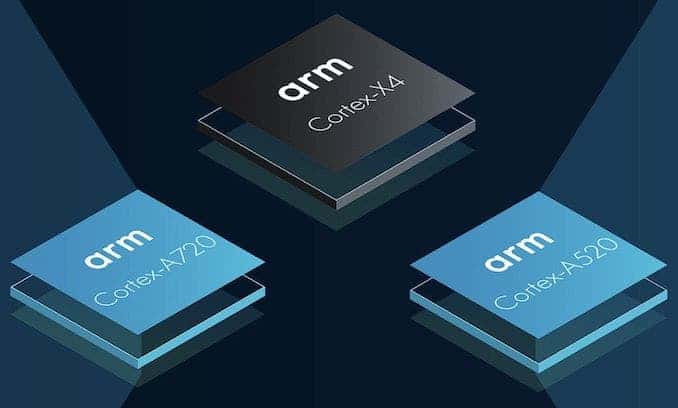
Moreover, the configuration with frequency boost will make the Tensor G3 compete with the performance of 2022 flagship SoCs. But, yes, the Google Pixel 8 series will fall slightly behind the chips that utilize the recently launched ARMv9.2 cores. Now, all that the Google Pixel 8 devices will require is a robust cooling system. Otherwise, the new configuration of the SoC will not be able to offer the best possible performance. But considering how good the leaked renders look, I believe Google will not disappoint in terms of thermals.
| Cores | G1 (Pixel 6) | G2 (Pixel 7) | G3 (Pixel 8) |
| Big Cores | 2x Cortex-X1 @ 2.8GHz | 2x Cortex-X1 @ 2.85GHz | 1x Cortex-X3 @ 3.0GHz
|
| Mid Cores | 2x Cortex-A76 @ 2.25GHz | 2x Cortex-A78 @ 2.3GHz
|
4x Cortex-A715 @ 2.45GHz
|
| Little Cores | Cortex-A55 x4 @ 1.8GHz | 4x Cortex-A55 @ 1.8GHz | 4x Cortex-A510 @ 2.15GHz
|
Security Upgrades Google Pixel 8 Series
As Google moves to ARMv9, the Google Pixel 8 series will enjoy new security technologies. To be exact, the Tensor G3 will bring ARM’s Memory Tagging Extensions (MTE). This technology is efficient at preventing some memory-based attacks, offering you a peace of mind against malicious attacks.
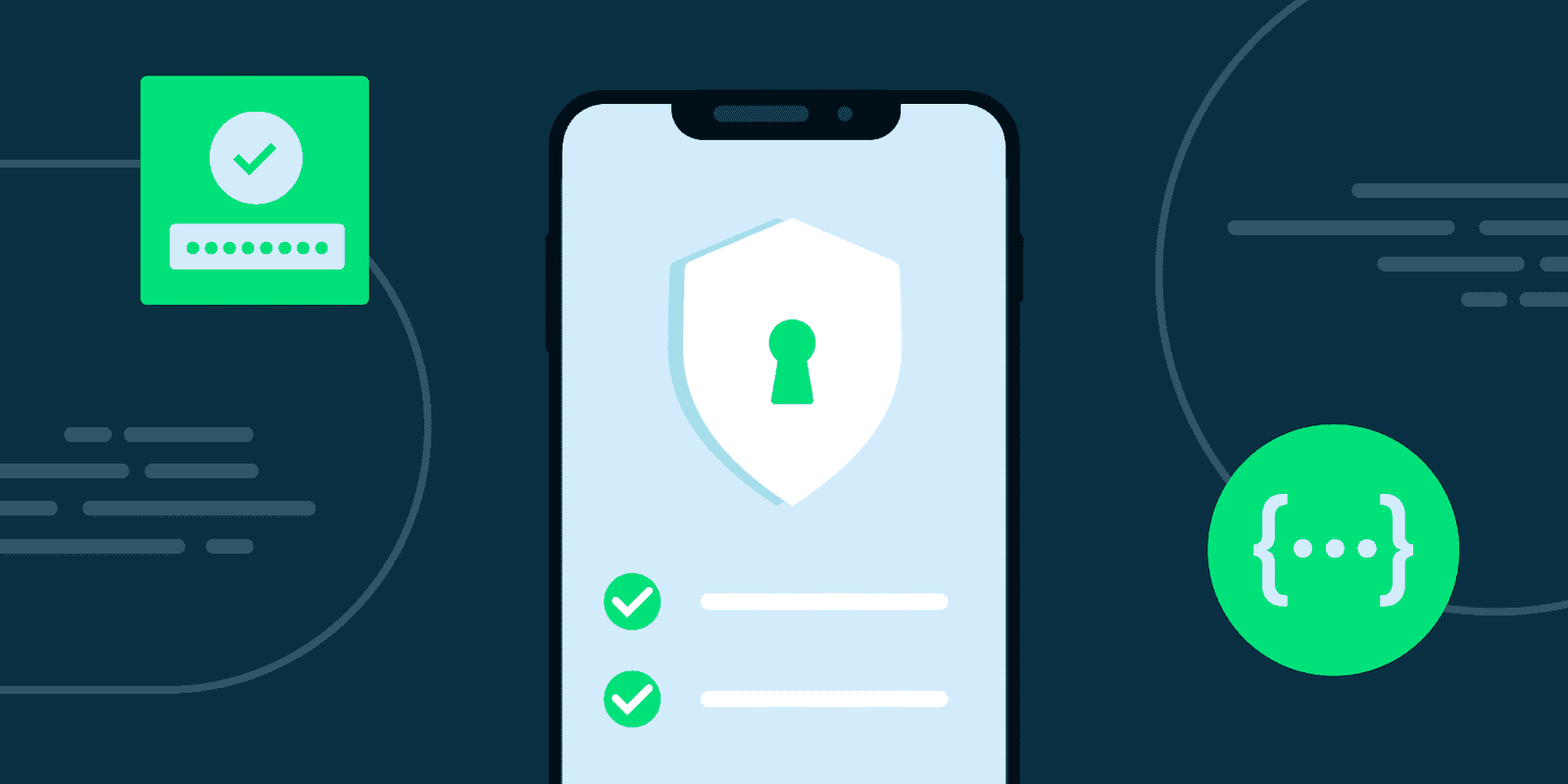
Other phones already come with this support. But it seems the support is only on the hardware end. That is, Android did enable this feature natively. So, the bootloader of Pixel 8 will be the first to introduce it in the Android space.
![]()
64-Bit Only Execution
Another big change is the 64-bit-only code execution. But that’s not really a new thing, as Pixel 7 series already dropped support for legacy 32-bit apps. However, Tensor G2 does have 32-bit libraries onboard along with 32-bit capable cores. But this will change with the Google Pixel 8 series.
The devices will ship exclusively with 64-bit binaries. But it’s still unclear whether Cortex A510 cores are configured with the support for AArch32.
The First Ever Chipset with AV1 Encode
In the Google Tensor G1, we say a hybrid architecture for the video accelerators. The chipset utilized a generic Samsung Multi-Function Codec IP block. It is the same one found in Exynos chipsets. But the support for AV1 was explicitly cut out. That’s basically where the custom BigOcean hardware video decoder block stepped in.
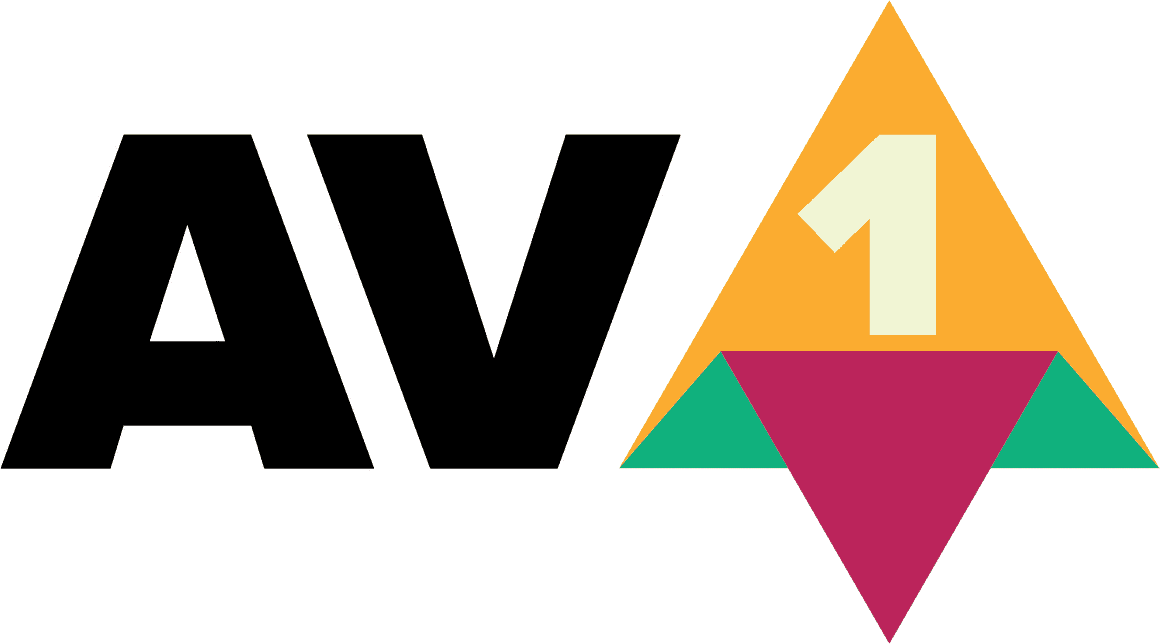
BigOcean has the support for up to 4K60 AV1 video decoding. Tensor G2 had the hardware block unchanged, which made Pixel 7 phones retain the same decoding capabilities. But the Tensor G3 in the Google Pixel 8 series will finally bring an upgrade to the video block. It will make the phone reduce the video’s bitrate without compromising the quality.
Ray-tracing Onboard Graphics on Pixel 8
Google has always focused the graphics unit on the Tensor lineup. The original Tensor had a robust 20-core Mali G78 configuration. It managed to outclass the Exynos 2100 and Snapdragon 888. And even though Google moved to a newer Mali G710 on Tensor G2, the benchmarks were rather unimpressive.
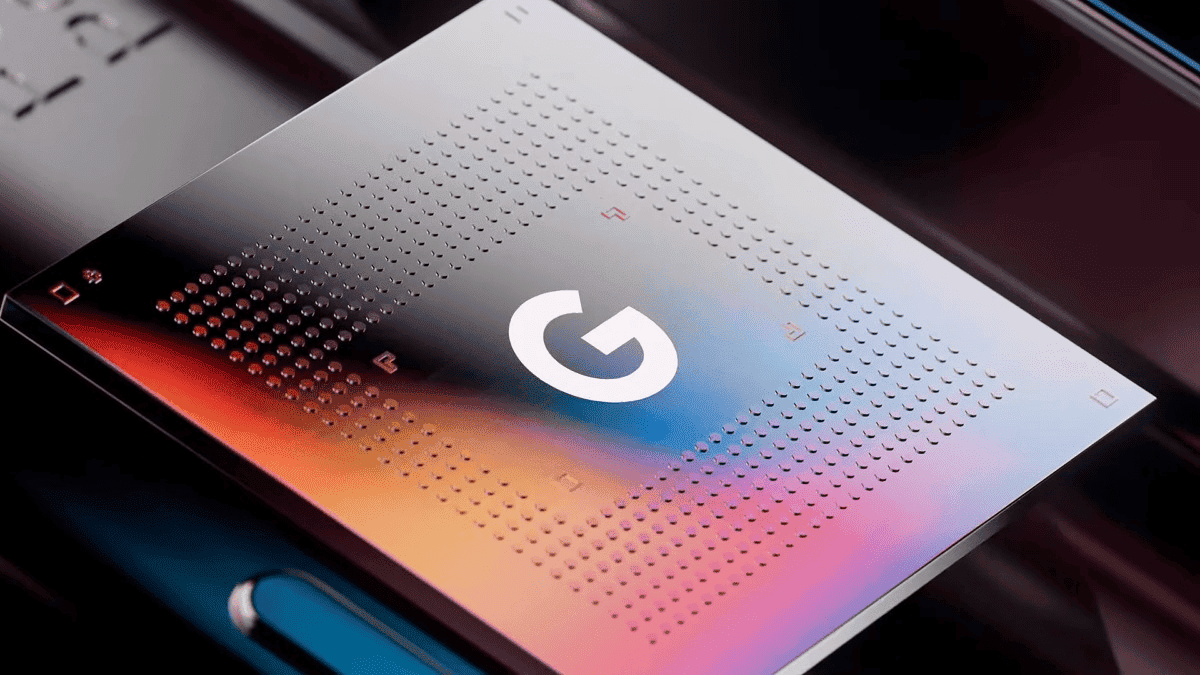
However, the Google Pixel 8 will be a game-changer in this regard. It will rectify Google’s past mistakes with ARM Mali G715. While the inside source did not provide an exact core count, it will likely feature a ten-core setup. This will eventually complete the Tensor G3’s GPU with fully-fledged ray-tracing capabilities. So, you can expect to get a better overall gaming experience with the Google Pixel 8.
| Factors | G3 (Pixel 8) | G2 (Pixel 7) | G1 (Pixel 6) |
| GPU Core Model | Mali-G715 (Immortalis) | Mali-G710
|
Mali-G78 |
| Core count | 10 | 7 | 20 |
| Frequency (shaders) | 890MHz
|
848MHz
|
848MHz |
Other Improvements
Aside from all these, the Google Tensor G3 will bring an improved TPU for AI smartness. The Tensor G3 has an improved TPU version, codenamed “Rio.” There will also be faster UFS memory (UFS 4.0). That will make the phone handle greater loads with higher overall efficiency. Also, there will be GXP to offload more processing. However, no major upgrades on the modem are available on the Tensor G3.


